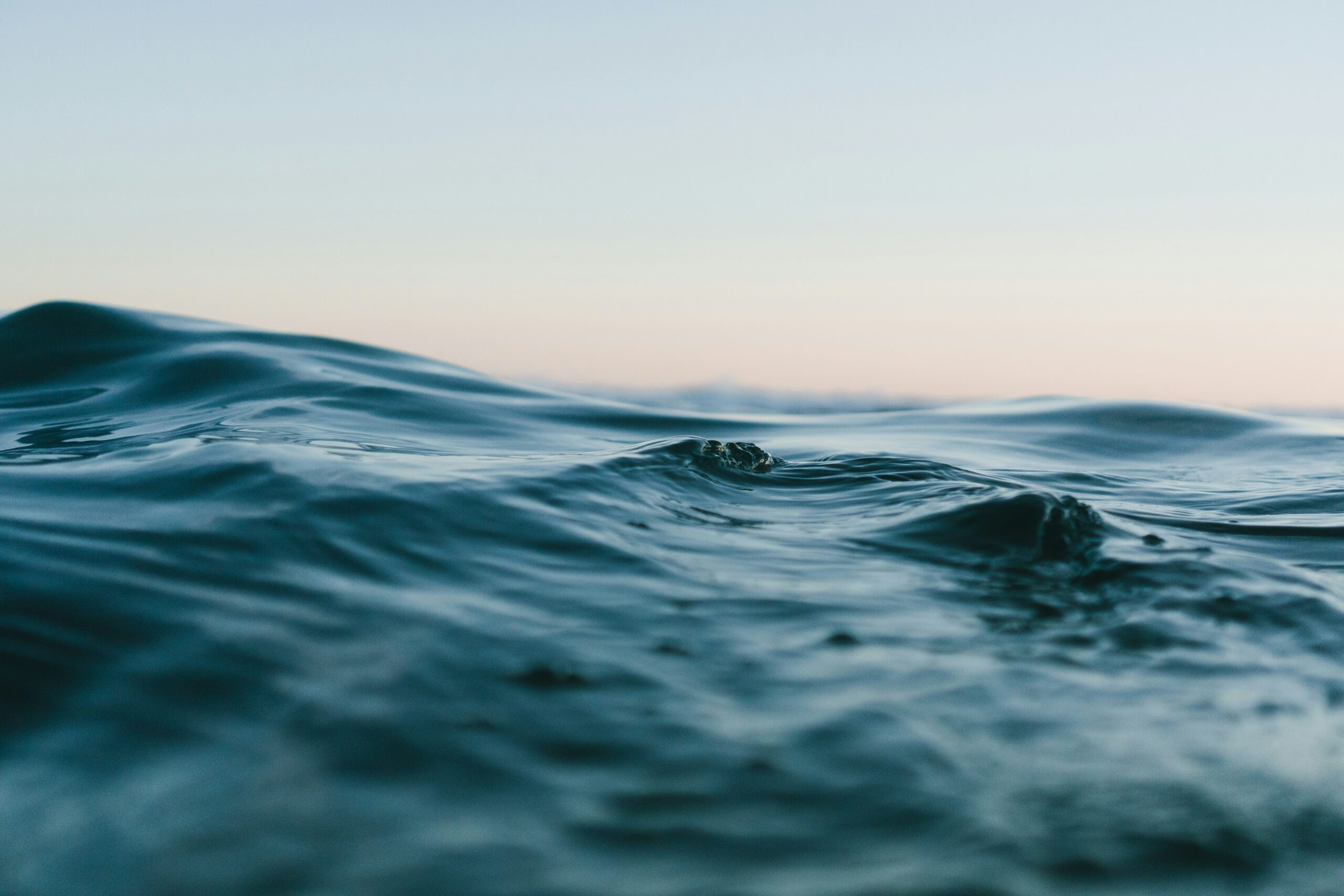Water, often overlooked as a mere commodity, is in reality the elixir of life. Its role in sustaining human health is profound, yet frequently underestimated. Beyond quenching thirst and aiding digestion, water’s influence permeates the intricate tapestry of our well-being. From the cellular level to the grand stage of public health, its impact is undeniable.
The Unsung Hero of Health
Conservation of this precious resource, while primarily associated with environmental benefits, paradoxically enhances human health in myriad ways. By safeguarding water bodies, we protect ecosystems that nurture biodiversity, a cornerstone of human health. Moreover, judicious water usage reduces the strain on infrastructure, potentially mitigating exposure to contaminants that can compromise well-being.
The journey to understanding the intricate link between water conservation and human health is an exploration worthy of our attention. Let us delve deeper into the ways in which preserving this vital resource can significantly improve our quality of life.
Water Conservation: A Fountain of Health
The nexus between water conservation and human health is a complex interplay of ecological, social, and physiological factors. Safeguarding water resources is akin to safeguarding human life.
Contaminated water, a scourge on humanity, often stems from over-extraction and pollution. By conserving water, we mitigate the risk of waterborne diseases, safeguarding public health. Furthermore, adequate water supply is essential for maintaining proper hygiene, a cornerstone of disease prevention.
On a personal level, hydration is paramount. Conserving water indirectly encourages increased water consumption, essential for optimal bodily functions. From regulating body temperature to aiding digestion, water is an indispensable ally in maintaining overall well-being. Moreover, water-based activities, such as swimming and hydrotherapy, offer physical and mental health benefits, further solidifying the connection between water and human flourishing.
Beyond individual health, water conservation contributes to a healthier environment. Preserving aquatic ecosystems supports biodiversity, which is crucial for human health. Additionally, reduced water consumption often translates to lower energy consumption, mitigating air pollution and its associated health risks.
In essence, water conservation is more than just an environmental imperative; it is a cornerstone of human health and well-being. By cherishing this precious resource, we invest in a healthier future for ourselves and generations to come.
A Ripple Effect of Health
The health benefits of water conservation extend far beyond individual well-being. A robust nexus exists between water scarcity, food security, and public health. When water resources dwindle, agricultural yields decline, leading to food shortages and malnutrition. These conditions create a fertile ground for diseases to thrive, impacting communities worldwide.
Moreover, water conservation is intrinsically linked to economic prosperity. Industries reliant on abundant water resources, such as agriculture and tourism, are vulnerable to water scarcity. A healthy population, underpinned by adequate water access and sanitation, is essential for a thriving economy.
Investing in water conservation infrastructure and promoting water-saving practices is not merely an environmental imperative but an economic and social investment. By safeguarding this vital resource, we lay the foundation for healthier individuals, stronger communities, and a more resilient planet.
It is imperative that we recognize water conservation as a cornerstone of sustainable development. By prioritizing water stewardship, we can create a world where health, prosperity, and environmental harmony coexist.
A Call to Action
The journey towards a water-secure future necessitates collective action. By adopting water-saving practices, supporting sustainable policies, and raising awareness about the importance of water conservation, we can create a world where this precious resource is cherished and protected. Let us be the generation that leaves a legacy of water abundance for future generations.
Frequently Asked Questions
What are the cons of water conservation?
While the benefits of water conservation are numerous, it’s essential to acknowledge potential challenges. Overemphasis on conservation without considering regional water availability can lead to water scarcity in certain areas. Additionally, some water-saving technologies may have upfront costs.
What happens if we don’t conserve water?
Water scarcity, leading to droughts, crop failures, and conflicts, is a likely outcome of unchecked water consumption. This can trigger mass migrations, economic instability, and public health crises.
Why is water conservation so very important?
Water conservation is crucial for sustaining life, protecting ecosystems, and ensuring economic prosperity. It helps mitigate the impacts of climate change, prevents water pollution, and safeguards public health.
What are some issues with water conservation?
Challenges include overcoming consumer resistance to change, ensuring equitable water distribution, and addressing the high costs associated with some conservation technologies. Additionally, balancing water conservation with other environmental goals, such as hydropower generation, requires careful consideration.
By understanding, these challenges and working collaboratively, we can overcome obstacles and build a water-secure future.
Let us embrace water conservation as a fundamental responsibility and a pathway to a healthier, more sustainable world.

